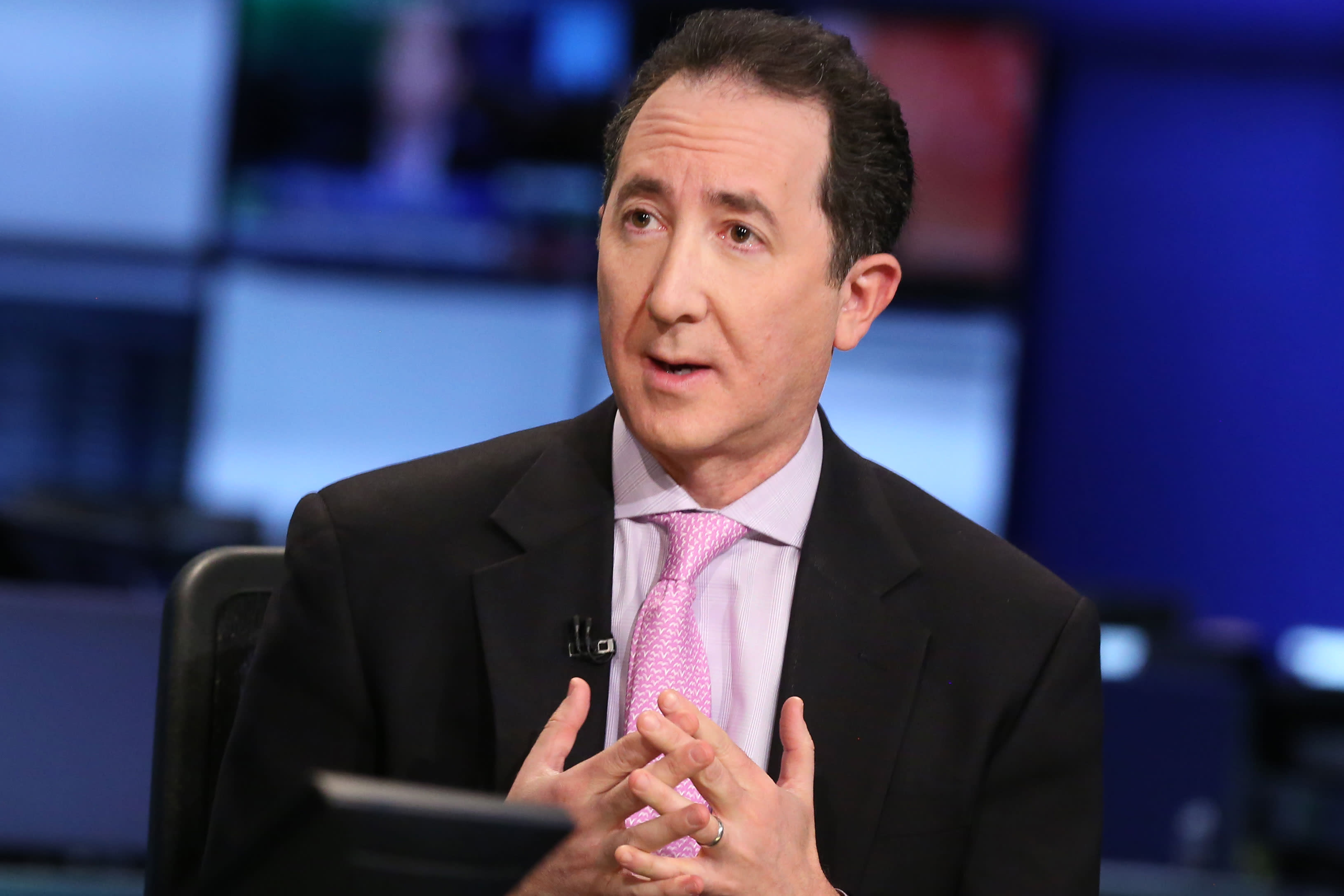
Investor Peter Boockvar believes Wall Street is on the cusp of taking inflation more seriously.
With the 10-year and 30-year Treasury Note yields trading around four-month highs, the Bleakley Advisory Group chief investment officer warns high inflation paired with slower economic growth, otherwise known as stagflation, is becoming a major risk.
“A stagflationary-type environment, if it were to happen, is the market’s worst nightmare,” he told CNBC’s “Trading Nation” on Tuesday. “Higher inflation becomes particularly dangerous because it’s going to come with still very mediocre economic growth.”
He predicts the impact would have far-reaching consequences.
“[It] could handcuff the ability of the Fed to do more easing, lead to higher interest rates which would crimp a very credit-dependent economy and can also hurt… those high-flying P/E stocks,” said Boockvar, a CNBC contributor.
He notes higher long-term yields, which aren’t anchored by the Fed like short-term yields, would make pricey big cap growth plays less attractive to investors.
“One of the rationale for the higher multiples, particularly in the technology sector, was very low interest rates,” said Boockvar.
This isn’t the first time he’s sounding the alarm on inflation. According to Boockvar, he started getting worried about it around June or July as the economy started to reopen and more effective coronavirus treatments became available.
His inflation warning is getting louder now due to higher yields, higher probability of an effective vaccine and the eventual cost of a second virus aid package, which he expects will still happen.
On Tuesday, the benchmark 10-year note yield closed at 0.734% — up 37% over the past two months.
Disclosure: Peter Boockvar owns gold, silver, TIPS, energy and agriculture stocks.





